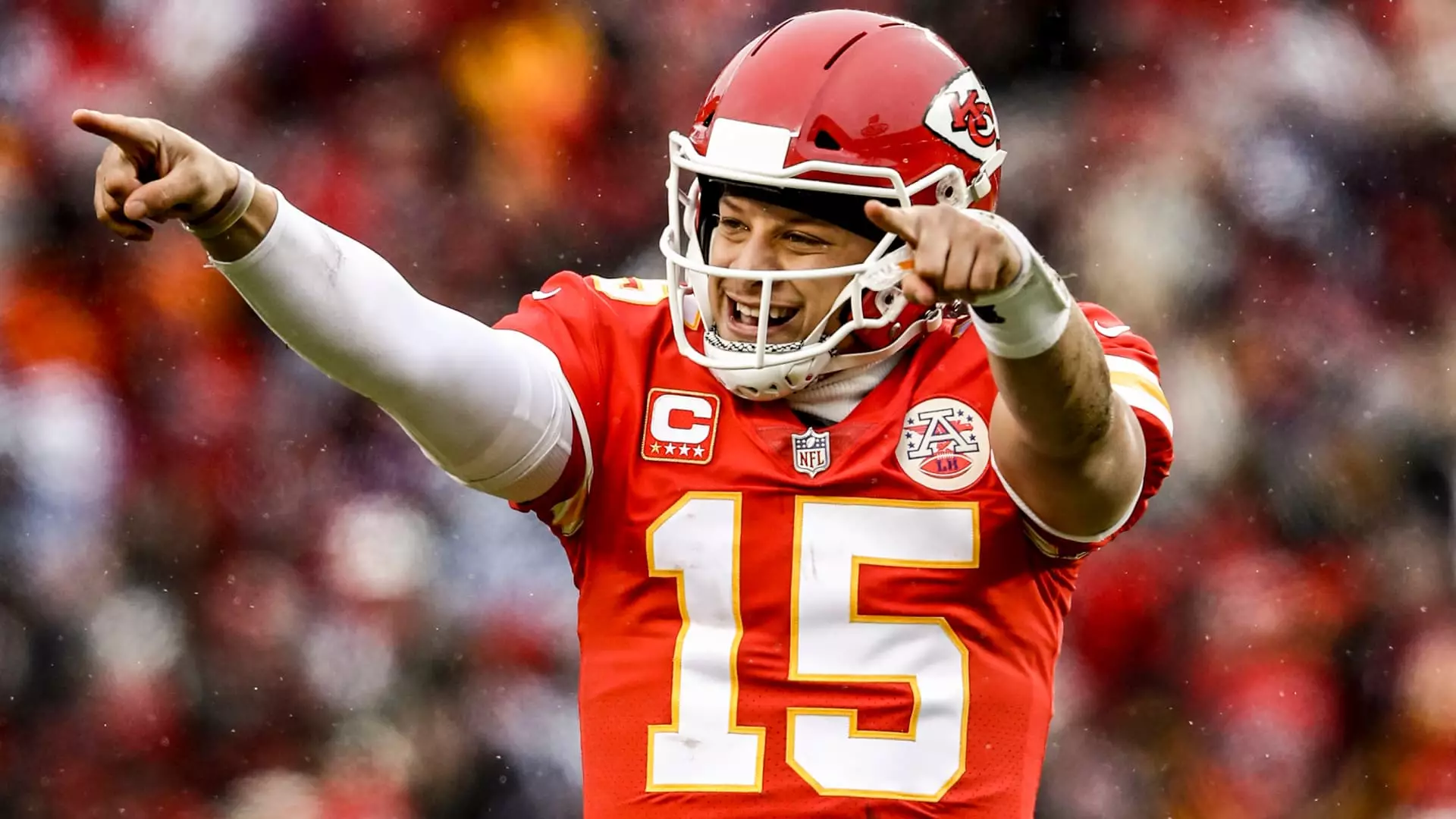In today’s sports landscape, the narrative often intertwines athletic prowess with entrepreneurial ambition, creating a seductive image of the athlete as a multifaceted icon. Patrick Mahomes exemplifies this modern archetype—an extraordinary quarterback with a burgeoning portfolio extending into coffee, ownership stakes, and global expansion ambitions. Yet, beneath this glossy veneer lies a problematic tendency to conflate sports excellence with business savvy, sometimes oversimplifying complex industries and overestimating the athlete’s natural aptitude as a businessman. Mahomes’ foray into coffee, while seemingly authentic, raises questions about whether such investments are genuine passions or merely strategic branding moves designed to capitalize on current consumer trends.
The reliance on a celebrity figure to propel products can distort consumer perceptions—what is presented as a “healthy” coffee alternative might be more about leveraging Mahomes’ star power than about revolutionizing the beverage industry. His role as the lead pitchman and product tester aligns with the all-too-familiar pattern of athletes endorsing commodities, often blurring the lines between authentic experience and paid sponsorship. This dynamic, while lucrative for both parties, risks turning athletes into walking endorsements rather than genuine stakeholders with deep dedication to the ventures they back.
The Illusion of Athlete-Investor Authority
Mahomes’ strategic investments extend beyond coffee into sports franchises and international ventures. While his enthusiasm for community-oriented sports teams resonates with center-left liberal ideals—emphasizing social cohesion and cultural capital—there’s an unsettling undercurrent of opportunistic entrepreneurship. His minority stakes in the Royals, Sporting Kansas City, and the NWSL’s KC Current, coupled with his involvement in Formula 1, ostensibly reflect a desire to bridge the gap between sports fandom and business ownership.
However, these investments often function more as status symbols than genuine platforms for positive change. They serve to elevate Mahomes’ personal brand while subtly reinforcing the capitalist machinery underlying professional sports. His aspirations of potentially owning a stake in the Chiefs, for instance, remain hopeful but distant—yet they signal an understanding that the ultimate goal for many athletes-turned-entrepreneurs is ownership, not just participation. This hints at a broader trend of players seeking to transition from the field to the boardroom, often driven by economic self-interest rather than a deployment of their influence for societal benefit.
The Entrenchment of Commercial Power in Sport and Politics
The discussion of stadium politics and league expansion reveals the deep entanglement of business interests within sports. Mahomes’ comments on stadium renovations and new builds underscore a fundamental reality: sports franchises are increasingly vessels of economic development, with decisions rooted less in community well-being and more in financial gains and real estate deals. The debate over renovating Arrowhead or constructing a new stadium exemplifies how sports are utilized as engines of local economic growth, often at the expense of public interests and grassroots engagement.
Furthermore, Mahomes’ reservations about an 18-game season and international expansion showcase a candid awareness of the physical toll and the implications for players’ long-term health. Yet, it’s also a reminder that athlete voices are often co-opted or limited within a system dominated by owners and league executives, who prioritize revenue maximization above all. The NFL’s push for international games and longer seasons is less about fostering global sport and more about expanding corporate profits at potential cost to player safety and worker rights, revealing how athlete concerns are frequently subordinate to commercial ambitions.
The Paradox of Celebrated Success in a Commercialized Age
In a society that celebrates individuals who seemingly excel in every sphere, Mahomes embodies the paradox of success—an athlete celebrated not only for his athleticism but also for his business acumen and social influence. Yet, this narrative can obscure the systemic issues at play—the exploitative structures, profit-driven motives, and cultural homogenization fostered by such high-profile ventures. The romanticism of athlete entrepreneurship often conceals how deeply embedded sports and entertainment industries are within the global capitalist framework.
While Mahomes professes a genuine love for sports and a desire to see communities thrive through athletic engagement, his actions suggest a calculated pursuit of influence and wealth accumulation. He navigates this landscape with ambition, but also with a detached perspective that sometimes minimizes the labor and social inequalities that underlie the sports industry. This duality—celebrity’s power to inspire and exploit—raises essential questions about the true impact of these “multi-talented” figures on society’s collective good. The glitz and glamour may mask a more cynical reality where personal branding and corporate interests often take precedence over meaningful change.

